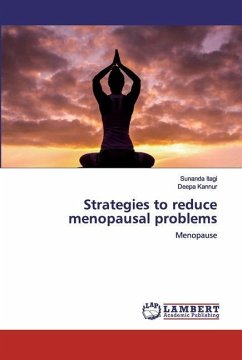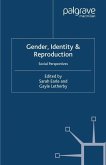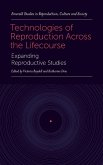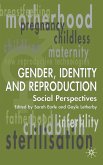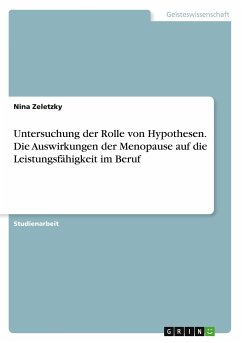While menopause is a universal fact of life, the physiological and psychological effects for women are not the same in all cultures. In this comparative and cross-cultural ethnographic study, Beyene examines the concept and experience of menopause among Greek and Mayan peasant women, uncovering some startling information. Available research and experience thus far suggests that non-Western, nonindustrialized women often do not have the same psychological or physiological reactions to menopause as Western, industrialized women do. By comparing the reproductive histories of one group of peasant women to another, the author makes it possible to isolate historical, cultural and environmental factors relating to variations or similarities in response to menopause. Her findings underscore the plasticity of the human aging experience, particularly among women. The book presents a biocultural view linking the experience of menopause to diet and fertility patterns, and provides new insights and hypotheses on the reproductive cycle and aging in women.
Hinweis: Dieser Artikel kann nur an eine deutsche Lieferadresse ausgeliefert werden.
Hinweis: Dieser Artikel kann nur an eine deutsche Lieferadresse ausgeliefert werden.


